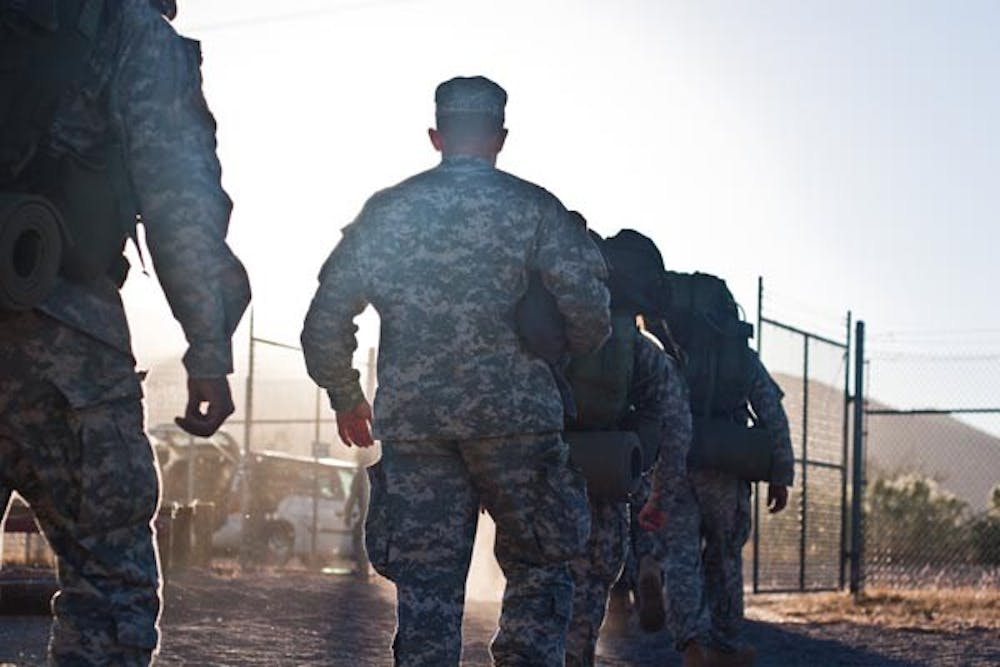A recent federal ruling and the U.S. Senate’s decision Tuesday to block the repeal of the military’s “Don’t ask, Don’t tell” policy has rekindled a national debate over the rights of homosexuals.
For many gay rights activists, including those at ASU, Tuesday’s vote came as a disappointment.
“It makes me realize that a large part of this nation still has a problem with homosexuality,” said business senior Adam Szmuc, a gay student. He added that the policy getting repealed is a necessary step toward equality.
Szmuc pointed out that the military eventually opened up to blacks, women and people of all religions and said now it’s time it did the same for gays and bisexuals.
The Senate bill was four votes short of the 60 votes needed to end debate and overcome a Republican-led filibuster.
Since 1993, the “Don’t ask, Don’t tell” policy has allowed the Department of Defense to ban openly gay and bisexual people from serving in the military.
If a service member reveals that he or she is homosexual, that person will be dishonorably discharged from the military.
A federal judge in California ruled the policy unconstitutional Sept. 9, saying it violates service members right to free speech and due process.
ASU Law Professor Paul Bender, who specializes in constitutional rights, agreed with the court’s ruling.
“I believe that the ‘Don’t ask, Don’t tell’ policy is unconstitutional because it violates the Equal Protection Clause,” he said. “People are being unfairly treated when they shouldn’t be.”
Other students feel it is not necessary for the bill to get passed because sexuality in general is not something that needs to be discussed in the military.
“The Army is not a place for sexuality of any kind to be mentioned,” theater senior Eric Wheeler said. “When you’re there, you’re supposed to be focused on serving the nation.”
Wheeler said he doesn’t feel like the bill is oppressive because it’s not banning gays from serving in the military, it’s just not allowing them to talk about their orientation.
The “Don’t ask, Don’t tell” policy applies to college campus military programs like those at ASU.
Army Capt. Chad Shuman, the recruiting officer for ASU’s ROTC program, said gay students are not allowed to discuss their sexual orientation.
“It’s not something that is dictated by the Army, it’s dictated by the U.S. government,” Shuman said.
He said if the bill were to be repealed, ROTC would also have to change its stance on accepting openly gay students
Many Republican senators said they want to wait on voting on the bill until after Dec. 1, when a report studying how the repeal would affect troop morale and readiness will be completed.
Reach the reporter at danielle.legler@asu.edu





